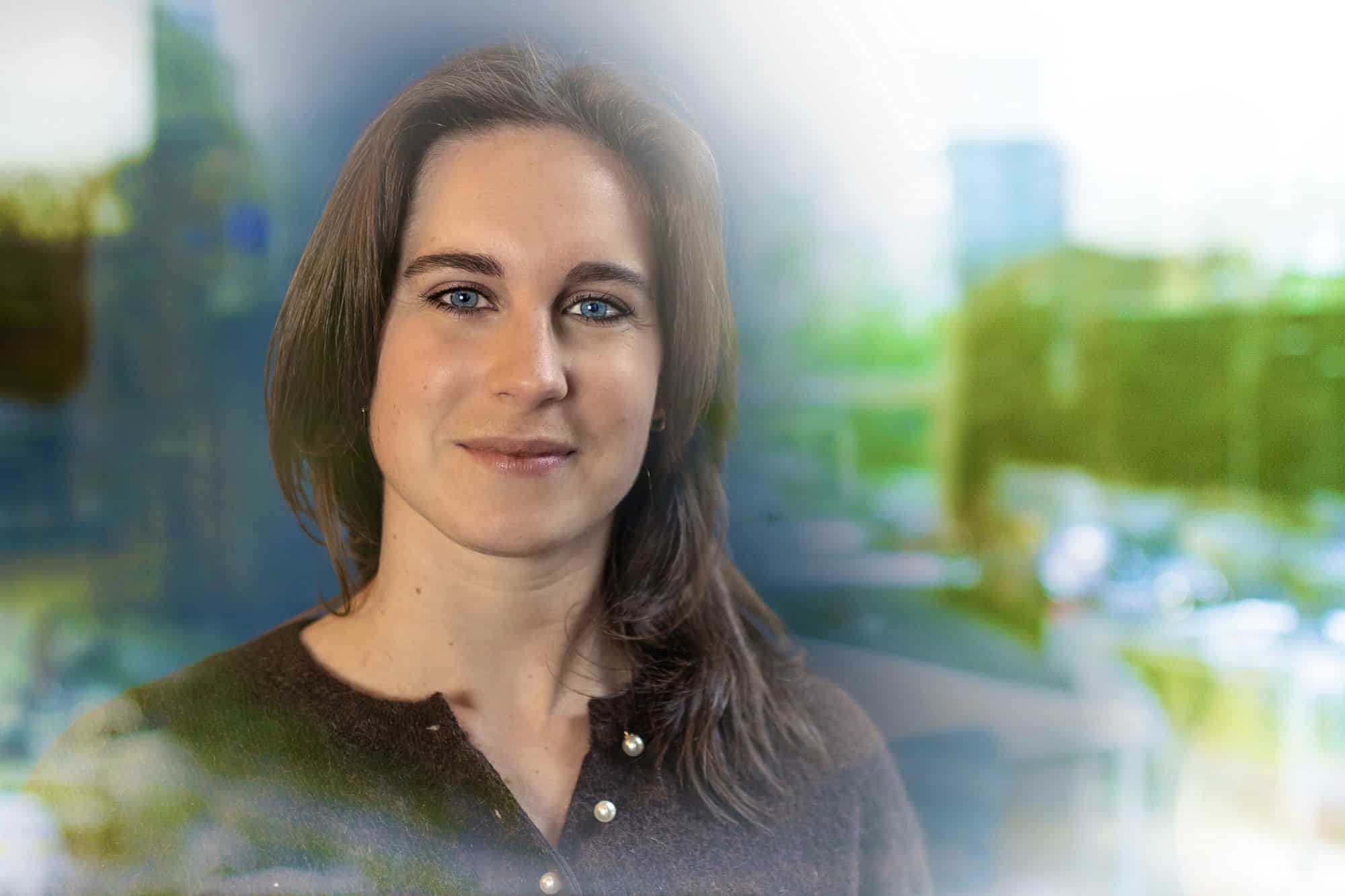If the world wants to achieve common goals, for example on climate, countries will have to work together. After all, no country can solve the climate issue on its own. China swears by its state capitalism, while the US stubbornly clings to shareholder capitalism. Europe can take its own role with its stakeholder capitalism, Buijs and Balkenende tell. That role is not to compete with the US and China for geopolitical power, but a cooperative role to tackle global problems.
“If you want to innovate, you need each other,” says Balkenende. This does not only apply to countries, all actors from the traditional European Rhineland model need to join hands: governments, companies, universities, trade unions, et cetera. Buijs and Balkenende refer to the successful practice of the ‘triple helix’: partnerships between governments, companies and knowledge institutions.
The danger of the Anglo-Saxon approach, according to the authors, is its short-term orientation. The focus on profits neglects harmful environmental, climate and inequality impacts. “We need to think about what we want to achieve in the long term and what we need to do for that in the short term,” they say. Those long-term goals are no longer just about economic growth of countries or rising corporate profits. A liveable world and clean air also contribute to prosperity and well-being, according to the authors.
One of the problems, Balkenende and Buijs note, is that this ‘broad prosperity’ is not easy to capture in numbers. “We only measure gross domestic product, that number is dominant, while we should also talk about other criteria when we talk about sustainability.” Europe is leading the way with the introduction of the Corporate Social Responsibility Directive (CSRD), for example. These are important initiatives, they say: “People do feel the need to change, but in daily practice it is still mainly about the financial side of things.”
And therein lies the crux. If the measure is not the size of the economy or the level of corporate profits, but people’s quality of life, then other metrics are needed. The CSRD is just the beginning. A different mindset is required. Balkenende: “That is what we are trying to do with our book. Create a different mindset.” That is easier said than done, the authors realise. A company needs to be financially healthy but work on sustainability at the same time. Companies that only focus on short-term profits may have an easier time of it, Buijs believes, but they will run into problems in the longer term because they are not future-proof.
In a polarising world, European leadership on sustainability is not evident. China and India carry increasing weight, both economically and politically. The ‘global south’ also manifests itself. “We should not run away from anti-Western sentiments and face up to our responsibility for colonialism,” says Balkenende. “But we need each other.”
After World War II, the mantra was ‘never war again’ and the reconstruction of Europe was accomplished. After the fall of the Berlin wall, European integration was taken a step further with the completion of the single market. “We hebben een nieuw narratief nodig, we moeten hoop creëren. We kunnen klimaatverandering niet alleen aanpakken. “Europa moet de wil kweken om samen te werken.”
If Europe communicates its vision, it can get allies like Canada, Australia, South Korea and Japan on its side. “We believe in the power of ideas,” said Balkenende. But that vision and powerful European ideas must capture the imagination. Europe therefore needs a new narrative for the future. A narrative that convinces people, businesses and universities.


